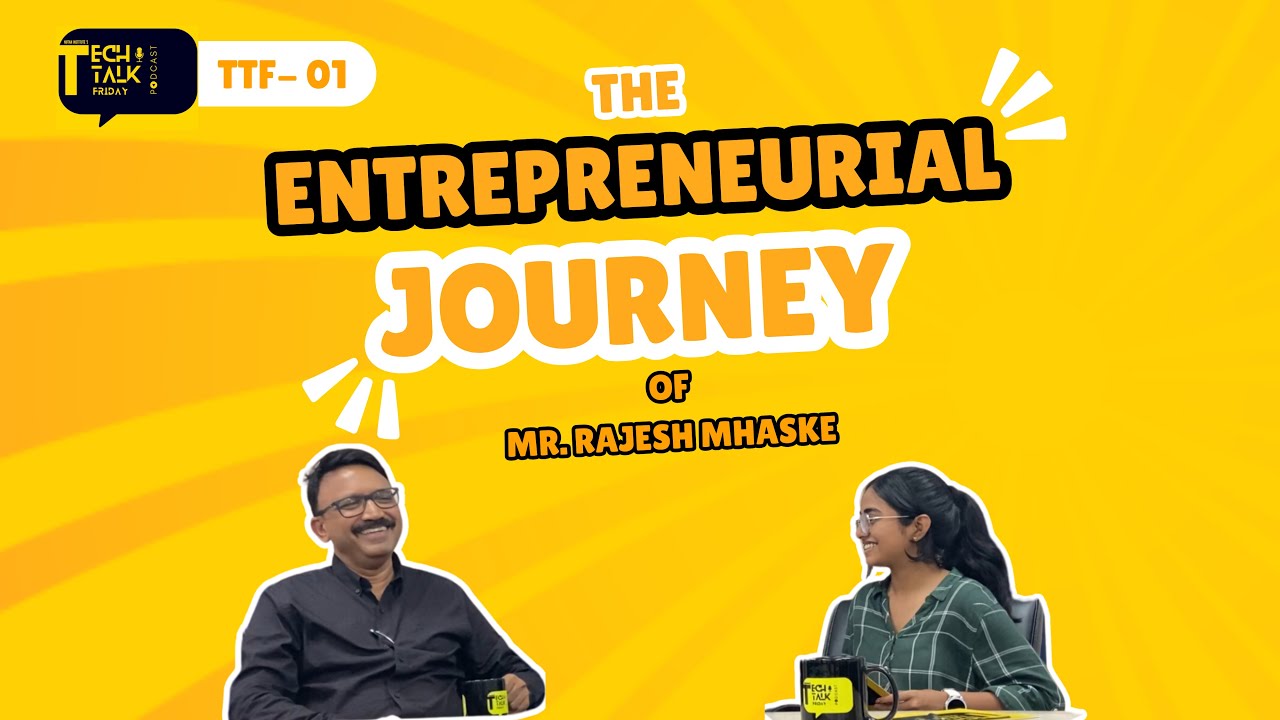He Generates Passive Income 6x Of His Salary | 1 % Life
Summary
TLDRIn the '1% Life' series, the host interviews Mr. Bin Parikh, a financially independent director at Crystal, to understand his journey to wealth. Parikh emphasizes the importance of passive income exceeding active income and shares his strategy of investing in stock options of companies he believes in, which has led to substantial growth over time. He advises viewers to become experts in their fields, give before expecting, and be open to new opportunities. Parikh also discusses his asset allocation, including a significant portion in equity and startup investments, and stresses the value of learning from financial news and connecting economic dots.
Takeaways
- 💼 The interviewee, Mr. Bin Parik, has achieved financial independence through a combination of salary and investment income, with the latter being 6 to 8 times his salaried income.
- 📈 He emphasizes the importance of passive income from investments exceeding active income from work as a key to financial independence.
- 🏦 Mr. Parik shares his experience with stock options from companies he believed in, such as Oracle and Backbase, which grew significantly over time, contributing to his wealth.
- 🚗 Despite his wealth, Mr. Parik maintains a modest lifestyle, choosing comfort over extravagance, as evidenced by his 10-year-old Honda Mobilio car.
- 🏡 Real estate and a single expensive car purchase are among his major expenses, indicating a preference for investing in assets that appreciate over time.
- 👨👧👦 Mr. Parik has instilled financial discipline in his children, who are successful in their respective fields without relying on their father's wealth.
- 📊 He suggests that achieving mastery in one's field can lead to financial rewards, as expertise can attract higher income opportunities.
- 🤝 The mindset of giving before expecting and not being selfish is highlighted as a key to attracting wealth, according to Mr. Parik's personal philosophy.
- 🌐 Being open to new opportunities and having a growth mindset are recommended for those aiming to achieve financial independence.
- 💼 Mr. Parik's asset allocation includes a significant portion in equity, mutual funds, and startups, with a smaller percentage in gold and real estate.
- 💡 He stresses the importance of learning about finance and investing, even without a formal degree, by reading financial news and connecting economic dots.
Q & A
What is the key to achieving financial independence according to the guest?
-The key to achieving financial independence is having a passive income that is greater than your active income, meaning the money made from investments should exceed salary income.
How did the guest's investment income compare to his salaried income?
-The guest's investment income is six to eight times his salaried income.
What was the initial stock value given to the guest when he joined his first company, and what is its current value?
-The initial stock value given to the guest was 165 rupees, and the current value is 8,000 rupees.
What is the guest's advice on stock options for those looking to invest?
-The guest advises to take stock options, especially from small companies that offer them, ensuring the company is ethical and has good fundamentals.
How has the guest's lifestyle changed after achieving financial independence?
-The guest's lifestyle has changed to remain comfortable without being extravagant. He still drives a 10-year-old car and does not indulge in unnecessary expenses.
What is the most expensive purchase the guest has made in his life?
-The most expensive purchase the guest has made is property.
What is the guest's approach to spending and saving money?
-The guest spends money mainly on traveling and vacations. He does not liquidate his investments and keeps them growing.
How much of the guest's wealth has come from the stock market?
-70 to 80% of the guest's wealth has come from the stock market.
What are the common mistakes people make according to the guest that prevent them from achieving financial independence?
-Common mistakes include keeping most of their money in safe assets like bank accounts or fixed deposits, not investing in equity or mutual funds, and not diversifying enough.
What is the guest's asset allocation strategy?
-The guest's asset allocation includes 5% in gold, 15% in property (excluding his house), 40-50% in equity, 20% in mutual funds, and 20-25% in startups.
How did the guest develop his understanding of finance and investments?
-The guest developed his understanding through reading financial newspapers, connecting the dots between current events and market impacts, and working in financial services companies.
Outlines

This section is available to paid users only. Please upgrade to access this part.
Upgrade NowMindmap

This section is available to paid users only. Please upgrade to access this part.
Upgrade NowKeywords

This section is available to paid users only. Please upgrade to access this part.
Upgrade NowHighlights

This section is available to paid users only. Please upgrade to access this part.
Upgrade NowTranscripts

This section is available to paid users only. Please upgrade to access this part.
Upgrade NowBrowse More Related Video

Why David Gilmour Won’t Be On My Channel

PERAN PENTING PENDIDIKAN PANCASILA DALAM KEHIDUPAN BERMASYARAKAT

Media Tanam Sansevieria Yang Bagus, Resep Rahasia dari Pakarnya Sansevieria

Viruses

The Entrepreneurial Journey of Mr. Rajesh Mhaske Sir | Tech Talk Friday | #ttf

Bruce Ecker Interview | Coherence Therapy - Part 3 of 5
5.0 / 5 (0 votes)